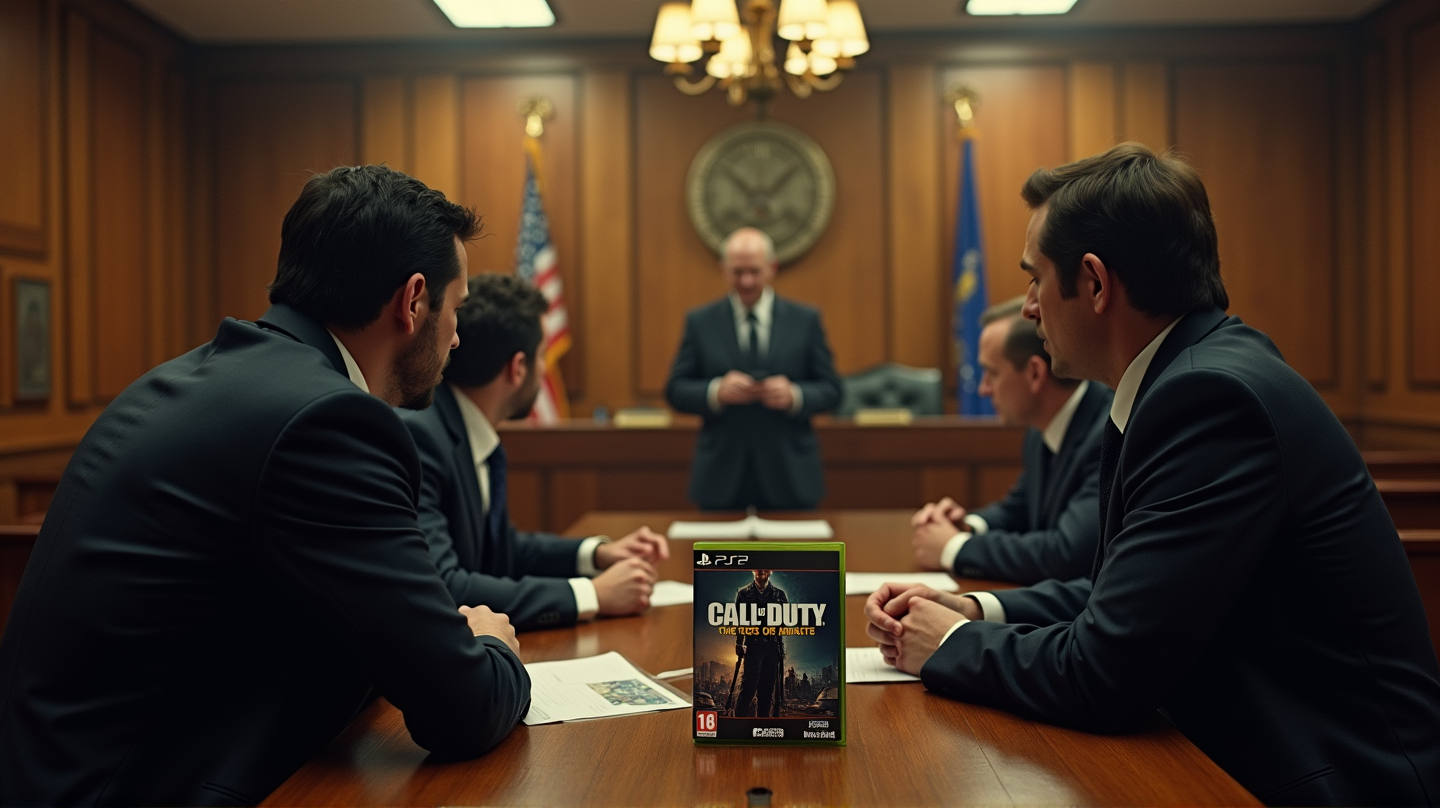Can a Video Game Be Blamed? The Complex Legal Battle over Call of Duty and the Uvalde Shooting
Exploring the legal arguments in a case linking the Call of Duty video game to the Uvalde, Texas school shooting tragedy.

A Legal Showdown Unfolds in Los Angeles
In the heart of Los Angeles, a courtroom has become the unlikely battleground for a high-stakes legal clash, as families of the Uvalde, Texas shooting victims face off against the creators of the popular video game, Call of Duty. At the center of this emotionally charged dispute is the question of whether a video game can truly influence and contribute to real-life violence.
The Arguments Against Call of Duty
The families’ plight is undeniably poignant, as they seek answers and justice for the tragic loss of their loved ones during the Robb Elementary School attack. Bethany Kristovich, a seasoned lawyer representing Activision, firmly argues that the First Amendment inherently protects the war game, thereby shielding it from accountability for the actions of its players. Yet, the tearful eyes and heavy hearts of the parents present a human dimension that legal rhetoric alone cannot erase.
The Elusive Line Between Entertainment and Reality
While Activision insists that Call of Duty is mere entertainment, Katie Mesner-Hage, representing the families, argues with fervor that the game’s marketing strategies transcend simple amusement. She alleges that these tactics deliberately target minors, creating a blurred line between the virtual and the real world. Brandishing contracts and correspondence evidence, Mesner-Hage paints a picture of a gaming industry that might be indirectly promoting weaponry to vulnerable audiences.
The Emotional Repercussions of Gaming Immersion
The narrative takes a turning spiral when the courtroom witnesses a chilling scene from Call of Duty: Modern Warfare. The simulation of gunfire echoes throughout the chambers, evoking a real and raw resonance with the tragic event. Families of the victims, visibly moved, can’t help but question the game’s influence over the gunman, whose obsession with the virtual violence deeply concerns them.
The Case Continues
Judge William Highberger remains on the fence, acknowledging the challenges of this complex legal landscape. Although no ruling is yet in sight, the path forward will undoubtedly require thorough circumspection. Mesner-Hage asserts that Activision’s conduct borders on intentional harm, yet the legal framework demands meticulous scrutiny before reaching a conclusion.
Echoes of Sandy Hook: A Pattern?
This lawsuit is part of a broader pattern parallel to the Sandy Hook case, highlighting the recurring theme of gaming obsession among perpetrators. Attorney Joshua Koskoff draws comparisons, suggesting that the Uvalde shooter, like many before him, was ensnared in a gaming-inspired mindset. As echoes of the past reverberate, the court is reminded that a resolution in this case may contribute significantly to ongoing conversations about violence, media, and society.
The arguments will resume, as the courtroom watches closely for the next twist in this gripping saga. According to ABC News, such cases are reshaping the discourse on accountability and protection within the digital age.





